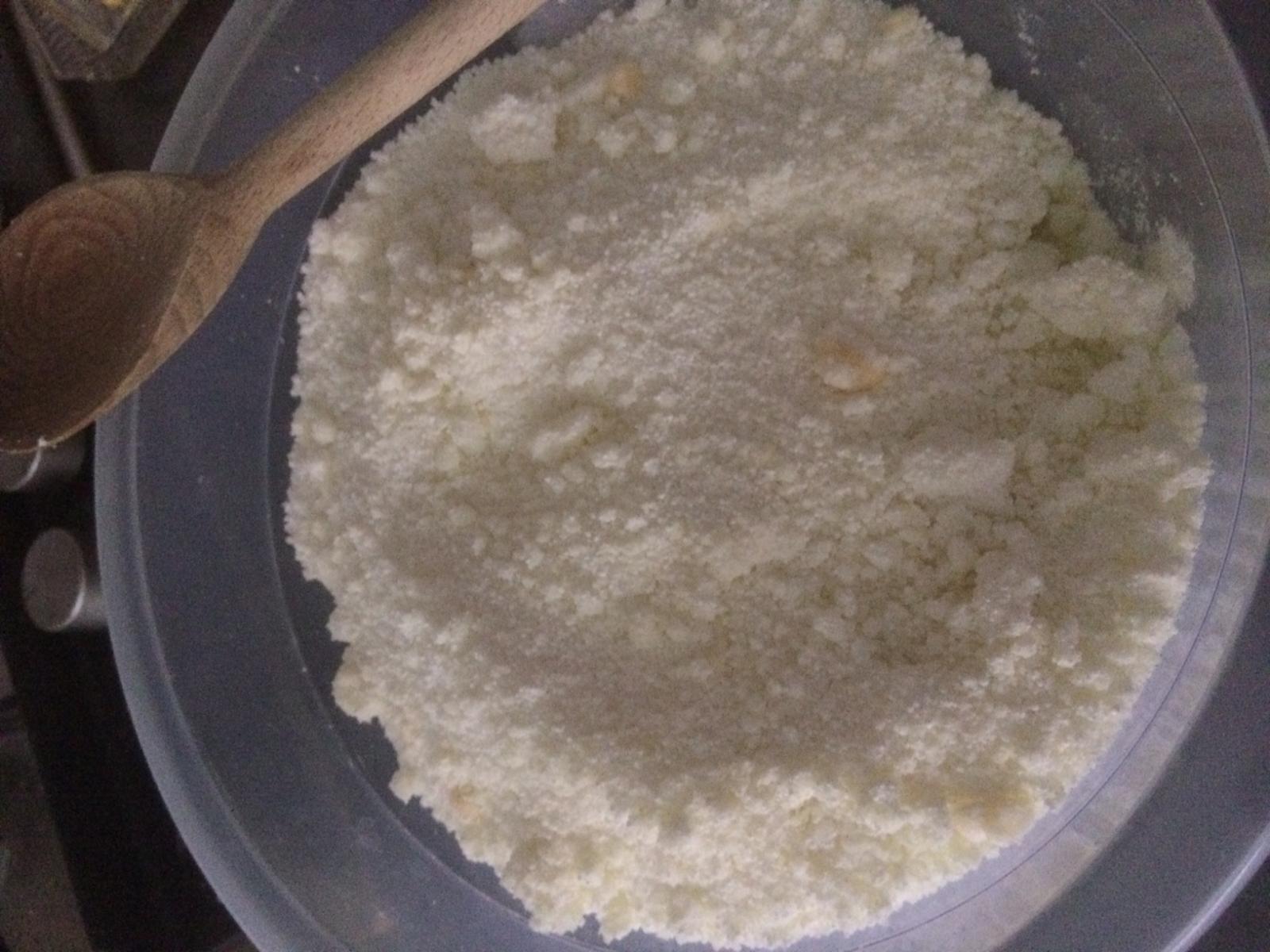Bilsch
Well-Known Member
- Joined
- May 4, 2015
- Messages
- 1,754
- Reaction score
- 1,609
I am honestly not sure if sodium metasilicate or real TSP is better, but assuming last year's bag of Red Devil was sodium metasilicate, I was happy with how the formula worked so I am sticking with it.
I've made and used it both ways and IMHO the metasilicate version works decidedly better.


















































![Craft A Brew - Safale S-04 Dry Yeast - Fermentis - English Ale Dry Yeast - For English and American Ales and Hard Apple Ciders - Ingredients for Home Brewing - Beer Making Supplies - [1 Pack]](https://m.media-amazon.com/images/I/41fVGNh6JfL._SL500_.jpg)







